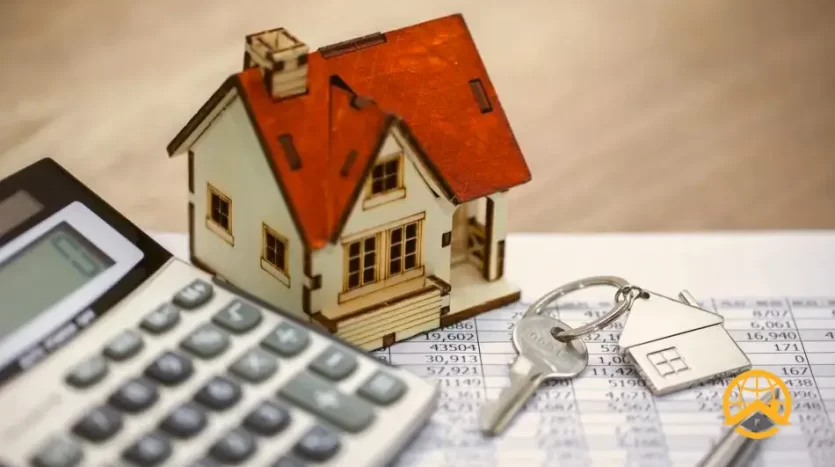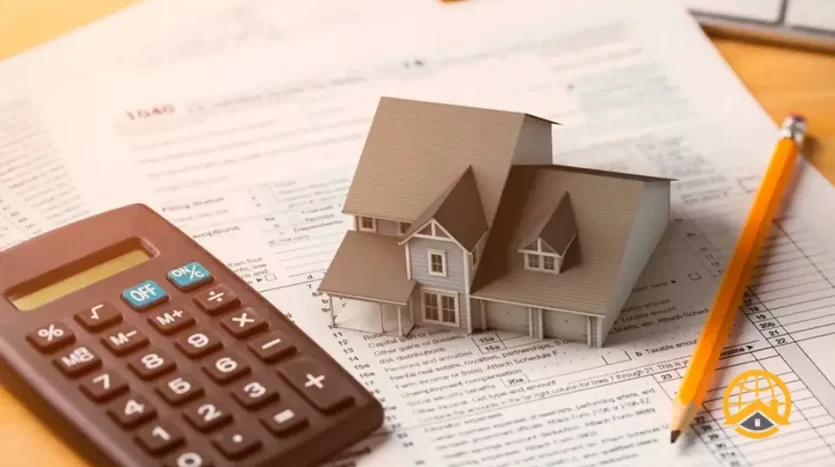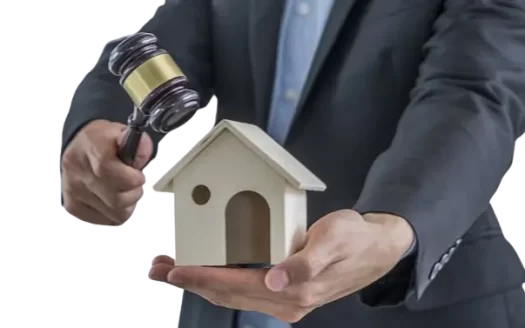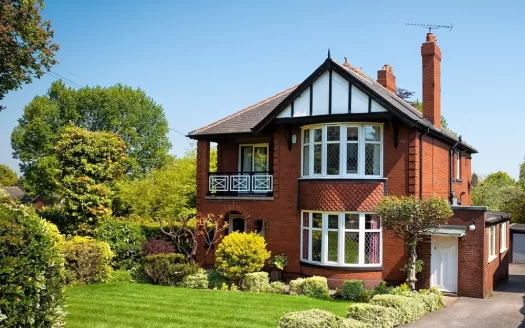How To Calculate The Rental Value Of Your Home
A rental property could be a great source of income for landlords. However, a landlord can only expect to earn enough from it if they know the actual rental value of his property.
If you are also a landlord and want to calculate the actual value of your rental property, explore this guide from start to end. We’ll examine how that can help you estimate the actual value of your rental home.
You can also learn how to attract potential tenants for your rental property according to competitive rental market trends. Continue reading to learn more about the calculation of rental value to get more return on your investment;
What is the Rental Value of a Home?
A home’s rental value or yield is the amount tenants are ready to pay. However, the value of a rental property cannot be calculated based only on the monthly return on investment. There are many ways and considerations when calculating the yield or value of a rental home.
If you are a landlord and don’t know about calculating the value of your rental property, here is the process or formula to estimate the value of your rental property;
Gross Rental Value = Annual rent/Property Value × 100
Net Rental Yield= (Annual rent of home – Annual cost of home)/ Property Price × 100
Gross rental value is the amount or cost a landlord receives from the tenant. However, the gross yield or value is the cost or amount you receive after paying all rent and other expenses of the rental property.
On average, a rental property with a 5%- 6% yield has good value. However, anything above this percentage would be significant for the landlords regarding return on investment.
What Are the Factors that Affect the Rental Value?
Location
The rental value of a home doesn’t only depend on its condition and infrastructure. The rental property's location significantly impacts the overall rental yield, whether gross or net. If your rental property is in a popular area with busy surroundings, the rental value of this property will be higher than others.
Property’s Condition
Property condition is also one of the most common factors affecting rental value. If your rental home is well-maintained, it will attract potential tenants ready to pay a premium. The amenities and facilities in your rental property also significantly impact the overall rental value.
Rental Market Condition
Even if your property is well-maintained and in the best location, rental market trends can greatly impact its overall rental value. However, the current rental market condition in the UK makes it very feasible for landlords.
The demand for rental property is increasing daily in the UK because of the high prices of properties. So, people prefer to rent out property rather than buy a home.
Amenities, Furniture & Utilities
Most people think these factors, including amenities, furniture and utilities, should be addressed. However, these factors significantly affect the overall rental value of the property. The reason is that the more facilities you provide the tenants, the higher you will get in rental payments.
However, you can add the cost of amenities and utilities to the rental expenses that the tenant will have to pay. To keep it more transparent for the tenants, the landlords can mention the costs for the provided amenities and utilities separately in the rental bill.
Local Regulations and Rental Laws
If you want a high ROI as a landlord, you should know rental regulations and laws. In England, landlords must be mindful of The Rent Act 1977. This law states that landlords cannot charge tenants more than the value of their rental property.
The best thing about The Rent Act 1977 is that the tenants also have a right to challenge the landlord in court if they find that the landlord is charging excessive rent.
So, the landlords should charge the tenants according to the property’s value and conditions. Moreover, landlords should inform the tenants before making any changes to rental payments.
How can Landlords Increase the Rental Value of Property?
There are many ways for landlords to improve the rental value of their properties. However, the best way to attract potential tenants is to be transparent and charge only for what they offer.
Here are a few improvements landlords can consider to increase the rental value of property;
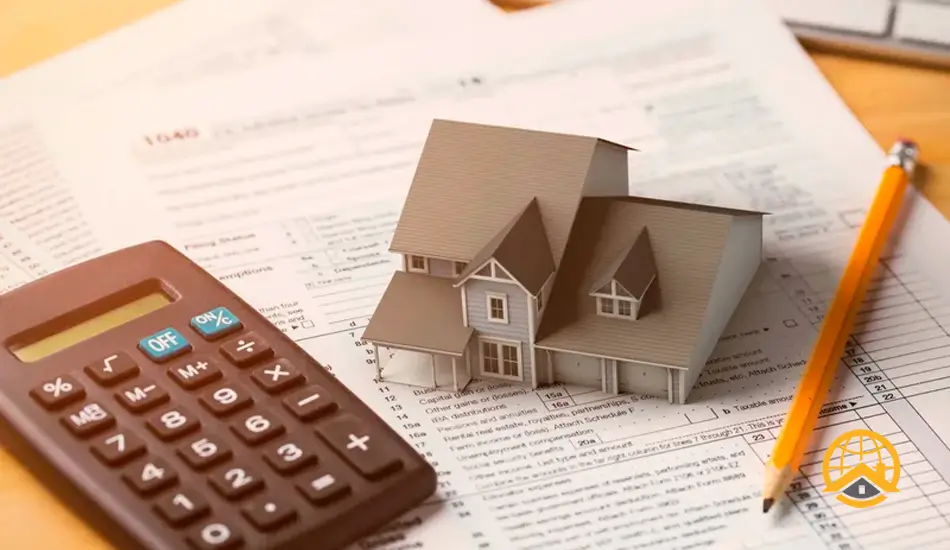
Upgrade the Rental Property
A landlord can upgrade its rental property by making it more energy-efficient and feasible for the tenants. To do so, landlords can upgrade the lighting system, and add some new utilities and amenities to the property to make it more valuable for the tenants.
With upgraded appliances and utilities, it will be easier for the tenants to save some more ££.
Home Renovation
Poperty upgrading and renovation can also play a great role in improving the rental value of a property. For instance, landlords can transform the ordinary kitchen into bright kitchens with modern appliances.
Moreover, landlords can also improve the rental property’s landscape and bathrooms to make the property more appealing.
Even though these upgrades are costly, they could benefit the landlords in the long term.
Furnish the Property
Landlords can increase the rental value of their properties by furnishing it properly. However, this strategy doesn’t work for all tenants, as few look for unfurnished properties. So, you have to furnish or unfurnish the rental property according to your tenant’s requirements.
Property Rental Value is Not All About Calculations
Estimating or calculating a property’s rental value is more than a numbers game! If you are a landlord and really want to improve your property’s rental value, contact HomeWorld Management for professional property management services.
If you want to calculate the rental value of your home yourself, you can do it by using the discussed above formula. Above all, to improve your property’s rental value, you must stay updated with rental market trends. So you can update your properties accordingly to increase ROI.


